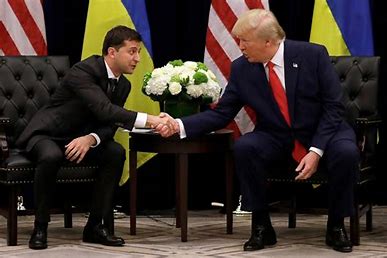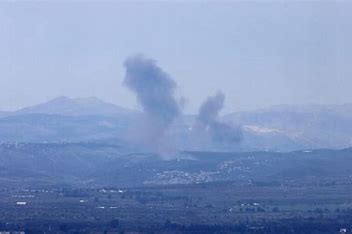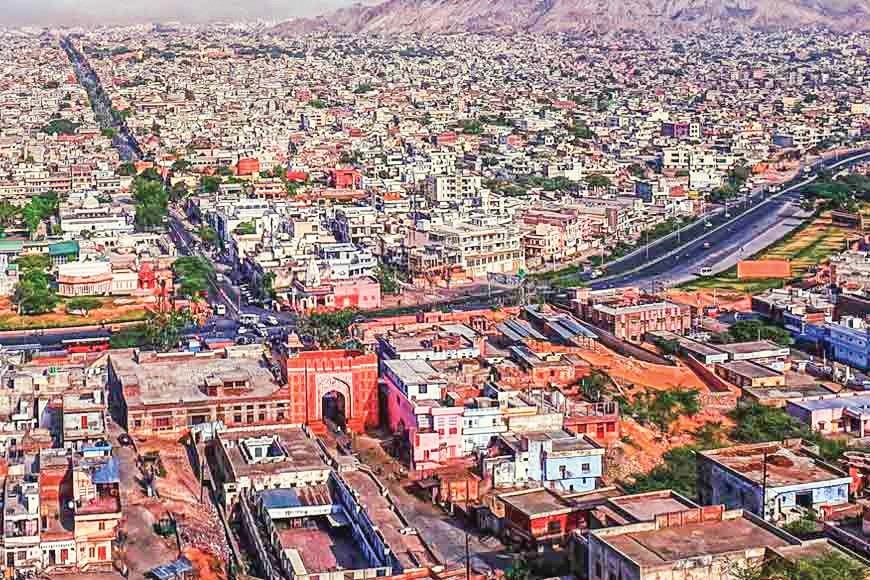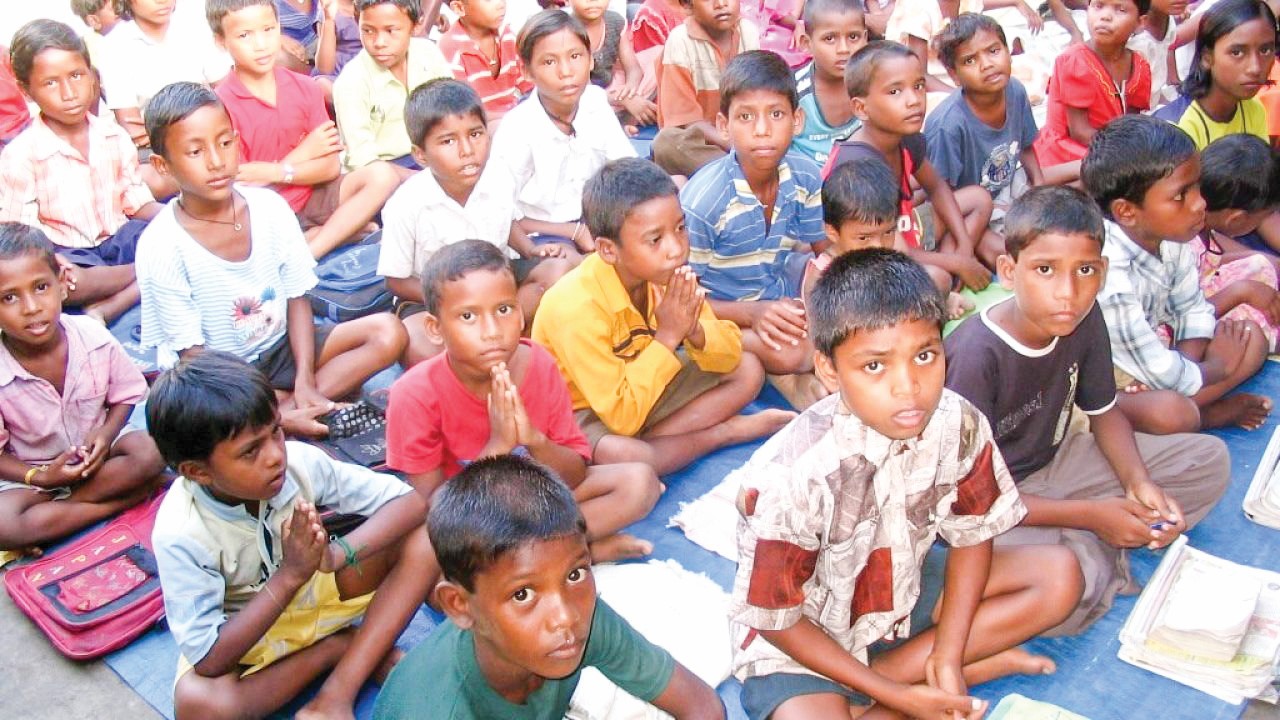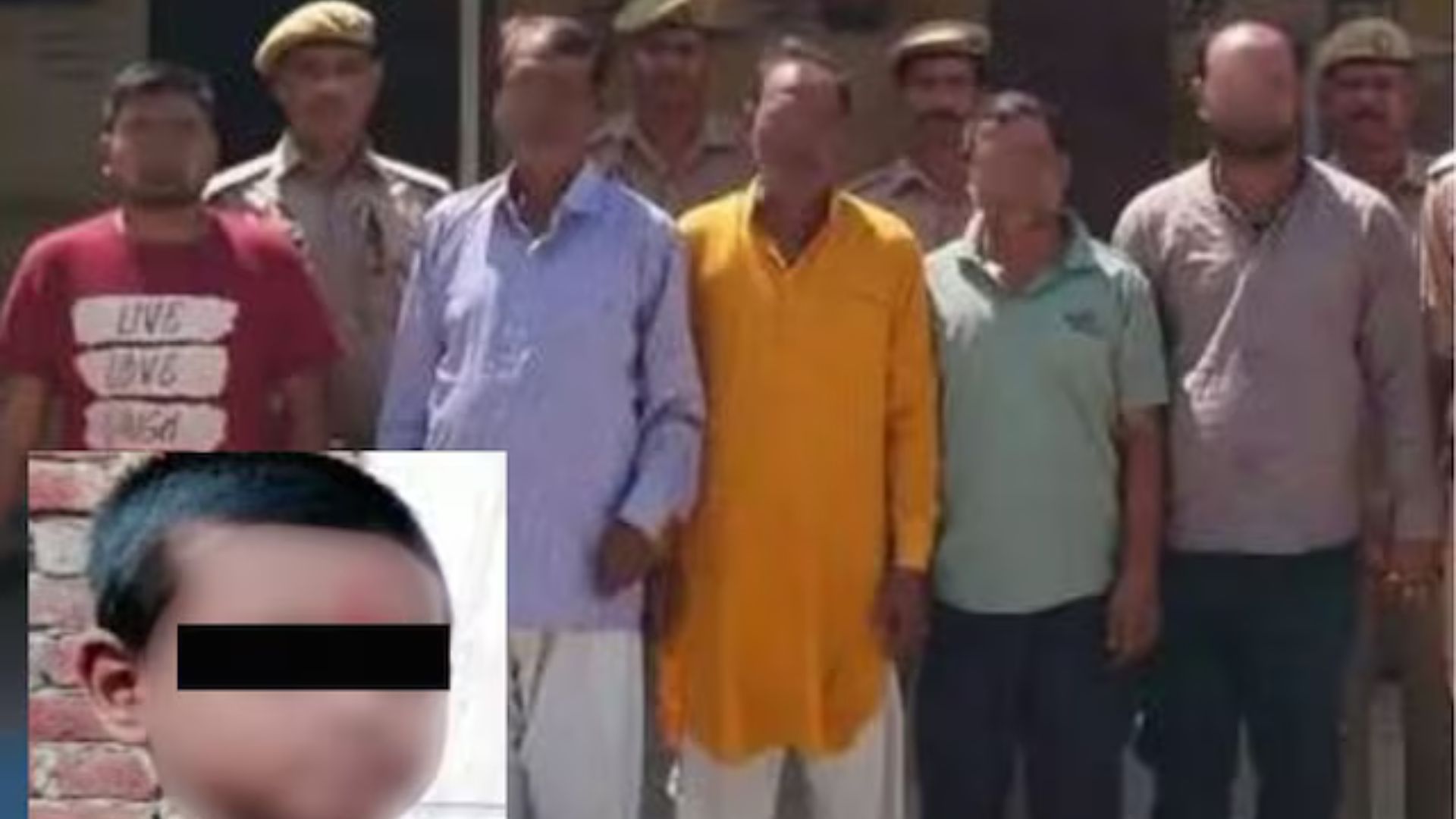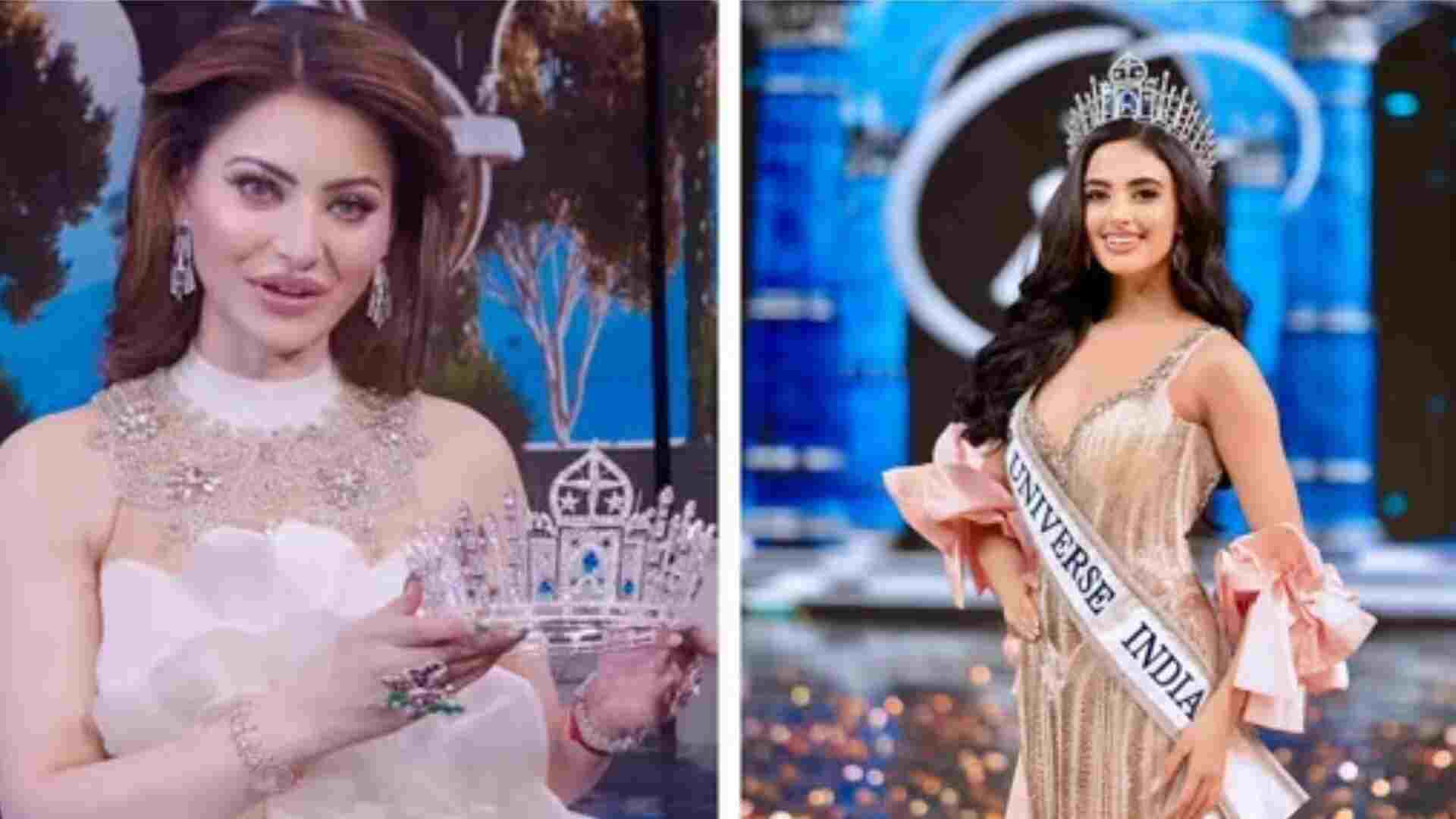
An awareness seminar was organized at Sarthak Government Integrated Model Sanskriti Vidyalaya covering subjects such as the protection of children from sexual crimes and the right to education. Nidhi Malik, Law and Probation Officer of the District Child Rights Unit, informed the children about government schemes, provided details, and raised awareness about child rights.
He elaborated on various issues related to school children, urging the creation of awareness about the protection of child rights. During the seminar, the POCSO Act of 2012 was explained in detail. Child abusers are often found to be acquaintances or close relatives of the children. Due to the fear of defamation, such incidents are often suppressed within families, and many times, children are silenced by intimidation.
Nidhi Malik emphasized that such incidents have a deep impact on the life, mentality, and personality of the child. Earlier, there was no provision for punishment in Indian law for such crimes committed against children, making legal action difficult. Realizing the gravity of such cases, a special law was enacted in India in 2012 to prevent sexual exploitation, known as the Protection of Children from Sexual Offenses Act 2012.
Nidhi Malik explained that this law is commonly referred to as the POCSO Act. It was implemented in India on November 14, 2012, on Children’s Day. According to this law, all children below 18 years of age, regardless of gender, who have experienced violence, exploitation, or crime, or have been attempted victims, fall under the purview of the law. Various crimes, including rape, using or inciting children for sexual gratification, displaying obscene pictures and writings to children, talking obscenely to them, and causing harm to children’s bodies or sexual organs with malicious intent, are covered by this law.
He highlighted that the law includes provisions for punishment and fines, ranging from life imprisonment to death, for criminals involved in such crimes. Compensation is provided to the victim child, and financial assistance is given to those in need. The purpose of the Indian Protection of Children from Sexual Offenses Act is to shield minors from sexual exploitation, ensuring equal protection for boys and girls. Strict punishment is outlined for anyone molesting a child or engaging in inappropriate gestures.
Children were also informed about the risks of viewing obscene content on mobile phones, engaging in cybercrimes, and were advised to stay vigilant. Detailed information about sponsorship, foster care, and adoption schemes was also provided.

